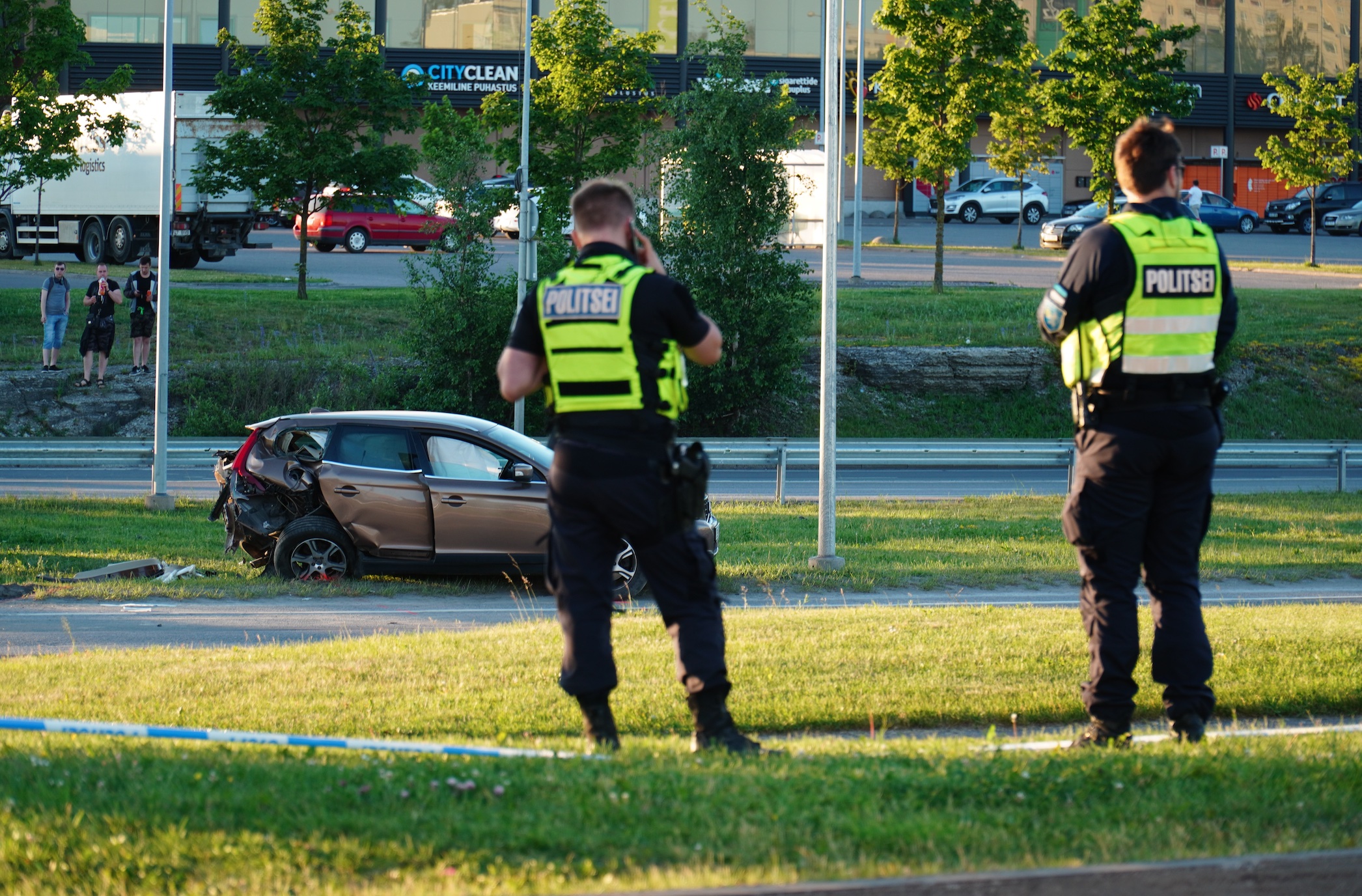If you have been involved in a car accident, taking the right steps in the aftermath can significantly impact your ability to recover physically and financially.
The aftermath of a car accident can be disorienting and jarring, leaving the victim unsure of what to do. However, taking prompt and appropriate action following a collision is extremely important not only for protecting one’s rights but also for ensuring the well-being of all parties involved.
Knowing the necessary steps to take can help individuals navigate the often complex process of dealing with insurance companies, seeking medical attention, and potentially pursuing legal action if necessary. This guide provides a step-by-step approach to help individuals navigate the aftermath of a car accident and make informed decisions that protect their interests.
Ensuring Safety and Seeking Medical Attention
The immediate aftermath of a car accident requires prioritizing safety and seeking medical attention. First and foremost, it is essential to check for injuries to oneself and any passengers involved. If anyone is injured, call 911 immediately to request medical assistance. Even if injuries appear minor, it is advisable to seek a medical evaluation as some injuries may not manifest immediately. Next, if possible, move the vehicles involved in the accident to a safe location away from traffic to prevent further collisions. Turn on hazard lights to alert other drivers and ensure visibility. If the accident is minor and vehicles are drivable, it may be appropriate to move them to the shoulder or a nearby parking lot. However, if the accident is severe or involves injuries, it is best to leave the vehicles in place until law enforcement arrives. It is also crucial to contact the police to report the accident, even if it appears to be a minor fender-bender. A police report serves as an official record of the accident and can be valuable evidence for insurance claims or potential legal action.
Documenting the Accident Scene
While waiting for the police to arrive, it is essential to gather as much information and evidence as possible at the accident scene. This documentation can prove invaluable in supporting insurance claims or any subsequent legal proceedings. Use a smartphone or camera to take photographs of the accident scene from various angles, capturing the positions of the vehicles, visible damage, skid marks, road conditions, and any relevant traffic signs or signals. If there are any witnesses to the accident, obtain their contact information, including names, phone numbers, and addresses. Witness testimonies can provide crucial corroborating evidence to support your account of the events. Exchange information with the other driver(s) involved, including names, addresses, phone numbers, driver’s license numbers, insurance information, and vehicle details. It is important to remain calm and polite during this exchange and avoid discussing fault or admitting blame.

Notifying Insurance Companies and Avoiding Crucial Mistakes
Promptly reporting the accident to your insurance company is a critical step in initiating the claims process. Provide them with accurate and detailed information about the accident, including the date, time, location, and parties involved. Be prepared to provide a copy of the police report and any other relevant documentation you have gathered. It is essential to be honest and forthcoming with your insurance company and avoid making any statements that could jeopardize your claim. Do not admit fault or speculate about the cause of the accident. It is also advisable to avoid discussing the accident on social media or with anyone other than your attorney and insurance company. Be wary of accepting a quick settlement offer from the insurance company without first consulting with an attorney. Insurance companies often aim to settle claims quickly and for the lowest possible amount. An attorney can help you understand the full extent of your damages and negotiate a fair settlement that adequately compensates you for your losses.
Consulting with Florida Personal Injury Lawyers
Navigating the aftermath of a car accident can be a complex and stressful process, especially if injuries are involved. Seeking advice from advocates in Northwest Florida can provide invaluable guidance and support during this challenging time. An attorney can help you understand your rights and options, gather necessary evidence, negotiate with insurance companies, and pursue legal action if necessary. They can also advise you on important deadlines, such as the statute of limitations for filing a personal injury claim, and ensure that your rights are protected throughout the process. Attorneys specializing in personal injury cases have a thorough understanding of the relevant laws and regulations and can effectively advocate for your best interests.
Conclusion
If you have been involved in a car accident, taking the right steps in the aftermath can significantly impact your ability to recover physically and financially. Seeking legal representation from a qualified personal injury attorney can provide peace of mind and ensure that your rights are protected. An attorney can help you navigate the complexities of the legal process, negotiate with insurance companies, and pursue the maximum compensation you deserve for your injuries and losses. Remember, personal injury cases can be intricate, and having a skilled advocate by your side can greatly increase your chances of a successful outcome.


Join the conversation!